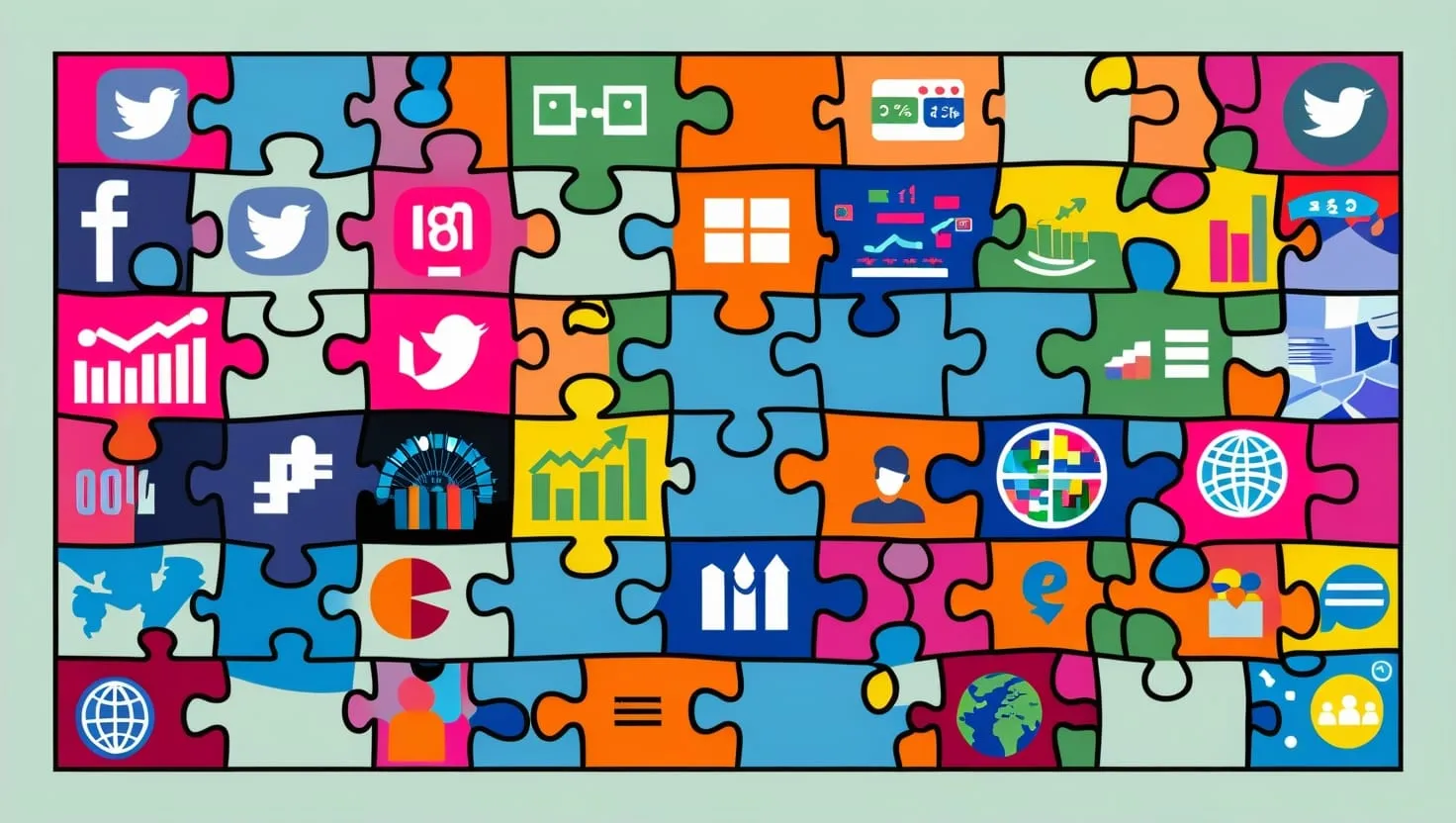When it comes to the art of persuasion, few have delved as deeply as Robert Cialdini. In his seminal work, “Influence: The Psychology of Persuasion,” Cialdini lays out six principles that underpin how we are influenced and how we can influence others. Here, we’ll explore five of these principles, delving into their nuances and how they can be applied ethically in both personal and professional contexts.
The Power of Reciprocity
Imagine walking into a store and being offered a free sample of a new product. You take a bite, and it’s delicious. Suddenly, you feel a pang of obligation to the store owner. This is the principle of reciprocity in action. People tend to return favors, and this instinct is deeply ingrained in us.
“As we help others, we create an obligation in them to help us in return,” a concept that has been leveraged by marketers and networkers alike. The best networkers understand this principle and often help others without expecting anything in return. This genuine approach builds strong relationships and fosters a sense of mutual respect.
Commitment and Consistency
Have you ever noticed how once you commit to something, you’re more likely to see it through? This is because humans have a strong desire to be consistent with their previous actions. Marketers often use this to their advantage by asking for small commitments first. For instance, signing up for a newsletter or agreeing to a free trial can lead to larger commitments down the line.
“The greatest glory in living lies not in never falling, but in rising every time we fall,” as Nelson Mandela once said. This principle of commitment and consistency is about building momentum through small, manageable steps. By starting with small agreements, you can create a path that leads to larger, more significant commitments.
The Influence of Social Proof
Ever walked into a restaurant and noticed it was packed with people? You might think to yourself, “This place must be good if so many people are here.” This is social proof at work. People are more likely to follow the actions of others, especially if those others are similar to them.
In the digital age, social proof manifests in customer reviews and testimonials. A product with numerous positive reviews is more likely to attract new customers than one with few or no reviews. This principle is powerful because it leverages our natural tendency to follow the crowd.
Building Rapport Through Liking
We are all more influenced by people we like. This is why building rapport and finding common ground is crucial in any persuasive endeavor. Whether it’s a salesperson or a friend, if we like the person, we are more likely to listen to what they have to say.
“Be the change you wish to see in the world,” Mahatma Gandhi advised. When we genuinely connect with others, we create a foundation for meaningful interactions. In a professional setting, taking the time to understand someone’s interests and values can make all the difference in building a strong, persuasive relationship.
The Urgency of Scarcity
Imagine you’re browsing an online store and see a product with a limited-time offer. The fear of missing out on that deal can be overwhelming. This is the principle of scarcity in action. When something is perceived as scarce, its value increases in our eyes.
“The fear of loss is more powerful than the fear of gain,” a concept that drives many of our purchasing decisions. By emphasizing the unique benefits and deadlines of an offer, you can create a sense of urgency that compels people to act quickly.
Ethical Application
So, how can we apply these principles ethically in our daily lives? Here are a few insights:
- Genuine Help: Before asking for favors, offer genuine help. This could be as simple as offering advice or lending a hand in a project. By doing so, you create a sense of obligation that is not manipulative but rather mutual.
- Small Commitments: Encourage small initial agreements. Whether it’s signing up for a newsletter or attending a meeting, these small commitments can lead to larger, more significant actions over time.
- Customer Reviews: Showcase customer reviews and testimonials. This not only builds trust but also leverages the power of social proof to attract new customers.
- Authentic Relationships: Cultivate authentic relationships. Take the time to understand people’s interests and values. This genuine approach builds strong, lasting connections that are more persuasive than any manipulative tactic.
- Time-Sensitive Opportunities: Communicate time-sensitive opportunities clearly. Whether it’s a limited-time offer or a deadline for a project, emphasizing the urgency can motivate people to take action.
Interactive Questions
- How often do you find yourself influenced by the actions of others? Can you think of a recent instance where social proof played a role in your decision-making?
- Have you ever felt obligated to return a favor? How did that make you feel?
- Can you recall a time when you committed to something small, only to find yourself more invested as time went on?
Final Thoughts
Persuasion is not about manipulating others; it’s about understanding human psychology and using that understanding to create mutually beneficial outcomes. By applying Cialdini’s principles ethically, we can enhance our persuasion skills, improve our communication, and build stronger, more meaningful relationships.
As the ancient Greek philosopher, Aristotle, once said, “We are what we repeatedly do. Excellence, then, is not an act, but a habit.” By incorporating these principles into our daily habits, we can become more effective influencers and better people. So, the next time you find yourself in a situation where you need to persuade someone, remember the power of reciprocity, commitment and consistency, social proof, liking, and scarcity. Use these principles wisely, and you’ll be surprised at how much more effective you can be.






